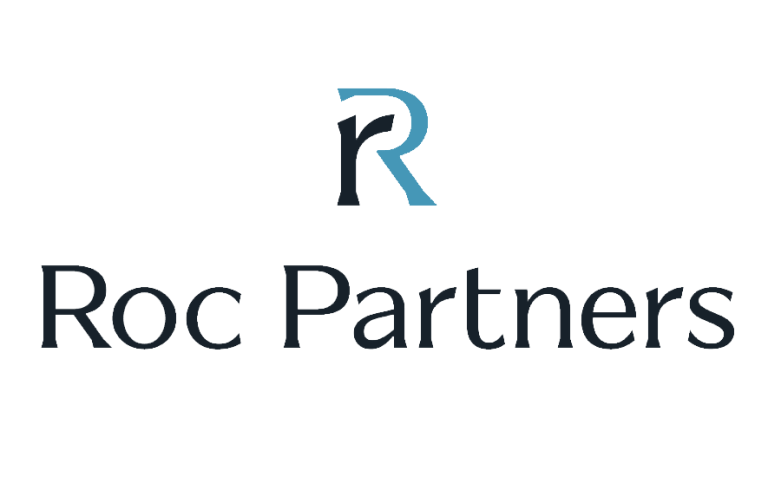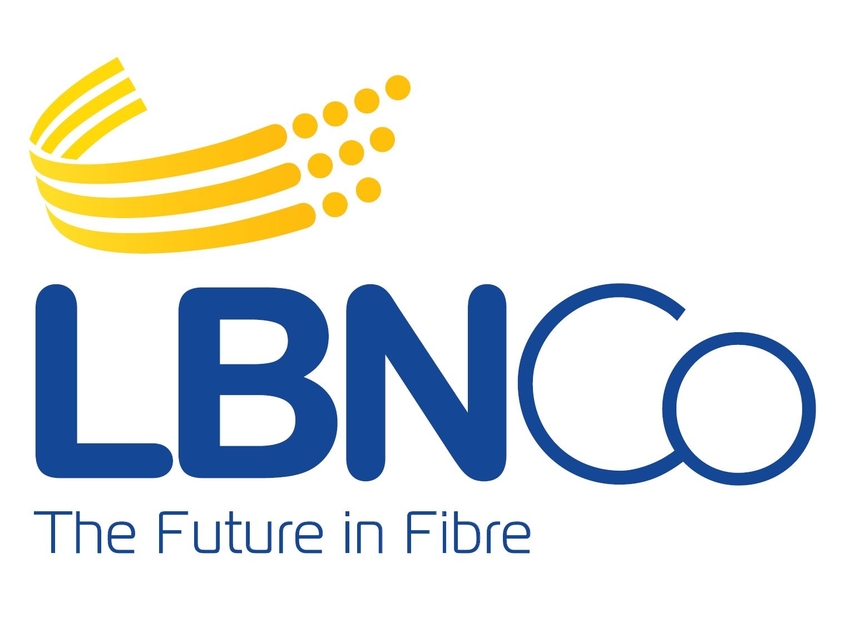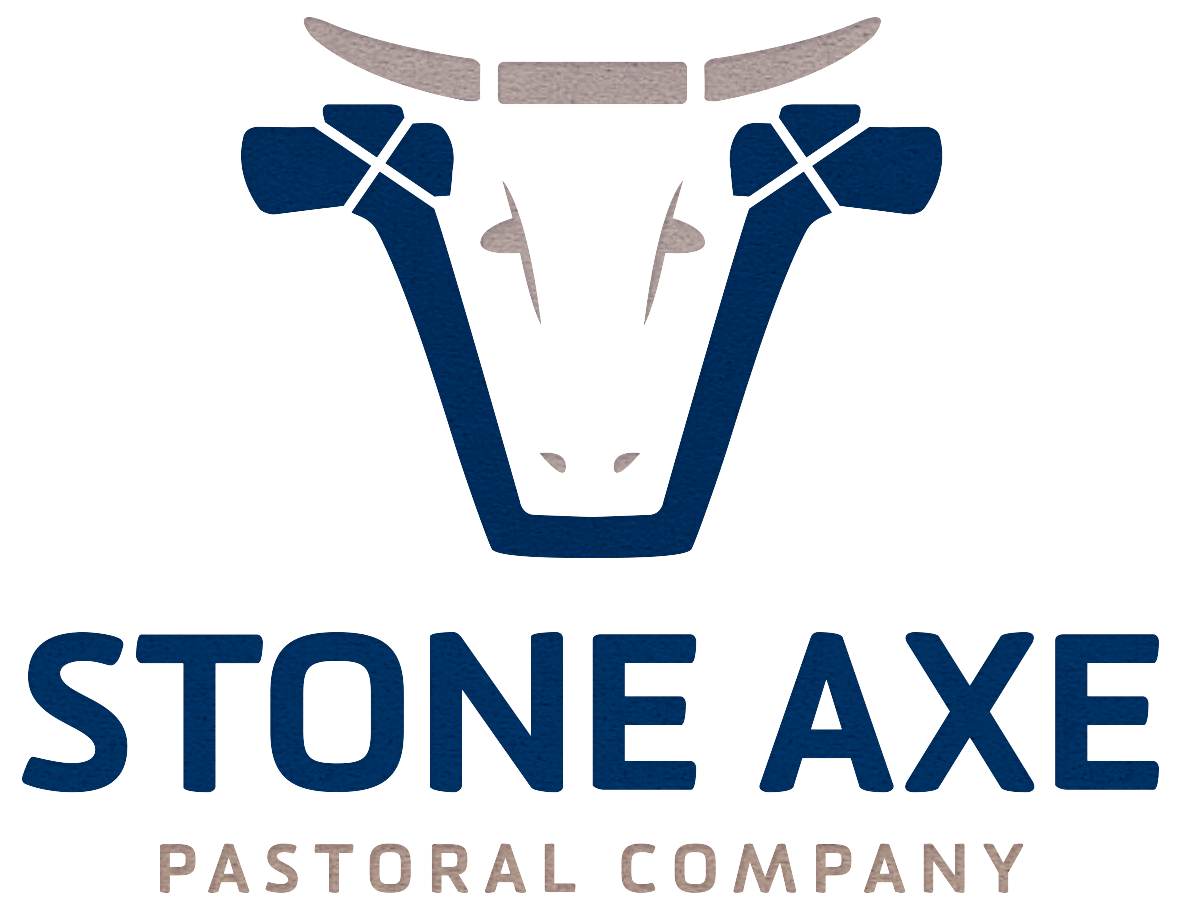It is all too easy to think of sustainability in narrow terms. To protect against this, it’s important it is viewed not purely in terms of risks but also the potential rewards on offer. At the same time, businesses and individuals are increasingly exploring sustainability as something that extends far beyond environmental matters.
At Roc Partners, sustainability is integrated within every stage of the investment process to guard against a blinkered view. Speaking with Agriculture Investor, the company’s Michael Lukin, Brad Mytton, Frank Barillaro and Sam Bayes, explained why it is now seen as being as important as any other metric when evaluating investments.
Could you tell me about some of the trends you’ve seen around sustainability and agriculture and how these have developed over time?
Michael Lukin: Roc Partners has integrated sustainability and ESG into our investing for many years with a consistent goal of setting up businesses for long-term success.
In our 25 years of engaging with investors, we’ve noticed an increasing sophistication with how they think about sustainability. This applies to institutional investors, wealth managers and family offices we work with. Initially, many investors focused on negative screening but we are increasingly seeing a shift toward positive screens in terms of how portfolios are positioned. As long-term investors with a five or 10-year horizon, we need to remain conscious of the increasing focus on sustainability and governance with our investment decisions.
While we see the increasing importance in sustainability within food and agriculture we know that a transition to a more sustainable future will take significant capital and that private markets are a good place for these transitions to occur. We see a lot of companies that will benefit from an increased sustainability focus, and know that their paths to sustainability will vary. Some are already set up with strong tailwinds attached, others will require more capital support to their transition into a more sustainable footing.
Brad Mytton: As part of the sustainability mix we are seeing significant activity around carbon mitigation strategies, and a lot of agricultural land can play a large role in this. We have an environmental planting fund being launched that will invest in a portfolio of projects to generate high-integrity carbon offsets that will be available to fund investors, allowing these investors to offset their own emissions footprint.
Another supportive dynamic in the food and agriculture space is the natural alignment with sustainability and better farming practices. For instance, our portfolio company Stone Axe Pastoral Company, a premium Wagyu beef business, has many initiatives around farming and the supply chain to produce more, better-quality beef with lower input costs. This includes investments in pasture management, regenerative farming, and emissions reduction. We continually look for ways to implement impactful sustainability projects within our portfolio companies and develop methods of quantifying, formalizing and codifying these efforts.
Could you elaborate on the importance of thinking long-term when it comes to sustainability and investment?
Michael Lukin: Increasingly, we are witnessing a sustainability premium. As we look ahead, removing the sustainability risk in many businesses today will create new opportunities if they are well-positioned to attain a premium valuation. For example, one of our portfolio companies, Australia’s Oyster Coast, a vertically integrated oyster producer, is making great strides in sustainability by removing all tar pits. Transitioning to a more sustainable approach is not only beneficial to the environment we’re operating in. We think that it will also generate a premium for this business because it is centred so positively on sustainability as a theme. For future owners, this theme is likely to contribute to an increase in the asset’s valuation.
Brad Mytton: The decision-making process has evolved toward a more positive framing. Today, we explore ways to create value through sustainability. We are currently looking at an investment opportunity that is not especially sustainable in its current guise but we have a clear plan for how this could change, which is quantifiable and deliverable.
We also place significant weight on incentives for key management toward sustainability initiatives, enabling discussions beyond financial outcomes at the end of the year. It’s great to be able to talk about these issues with senior management and keeps us current, and we update key performance indicators (KPIs) annually to maintain a focus on tangible outcomes.
What else is important when evaluating companies or assets?
Brad Mytton: Partner selection holds significant importance. We gravitate towards people that are similarly minded to us, which you can see in our portfolio companies. Our partners are already highly aligned with our views on sustainability, animal welfare and other ESG values. This means that our objectives are already well established.
The suitability of a partner company becomes quickly apparent during the due diligence process. It quickly becomes clear if someone truly is sustainability-minded or if it’s simply a veneer. It’s important to avoid companies that are only interested in greenwashing, instead working with partners that truly value sustainability.




